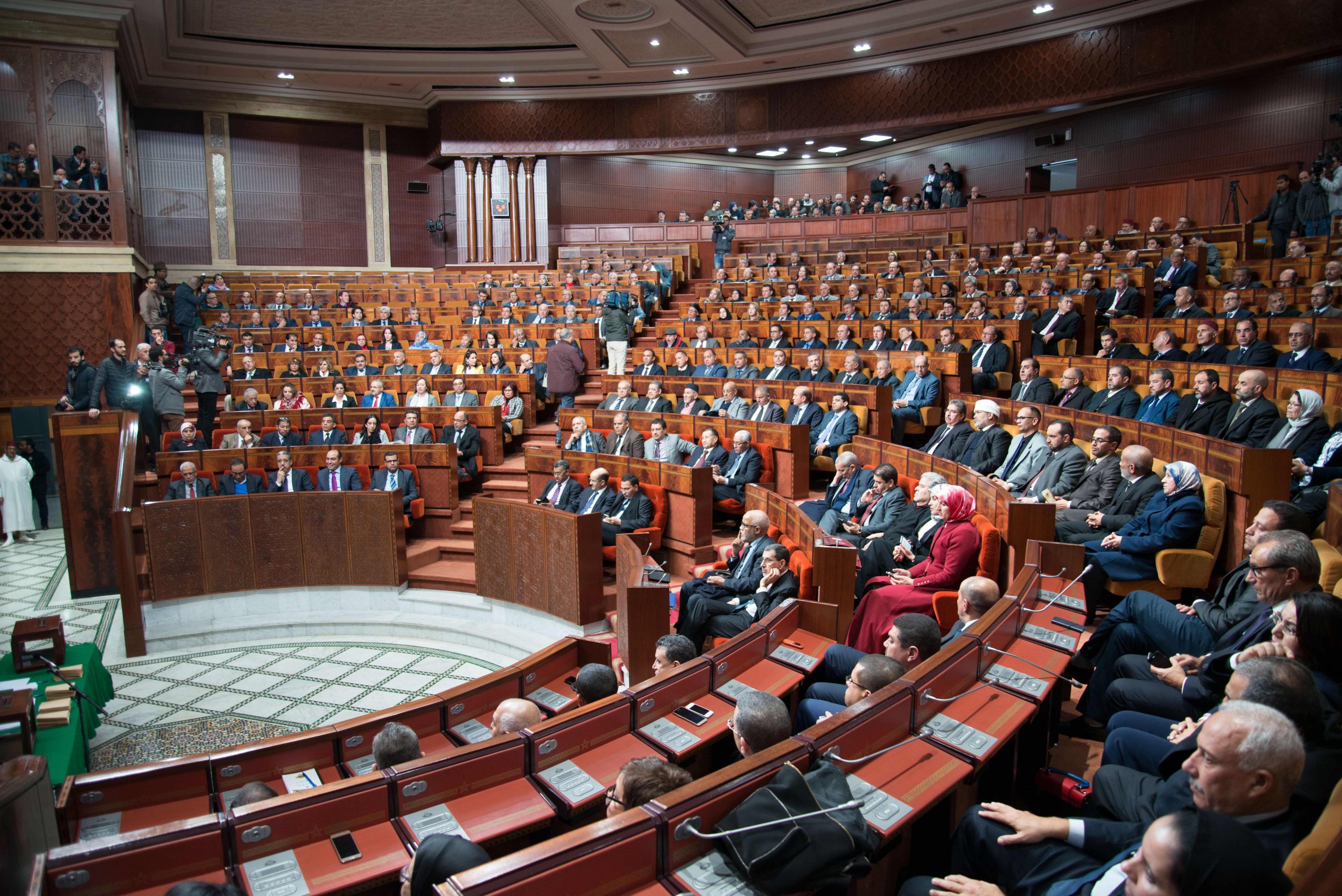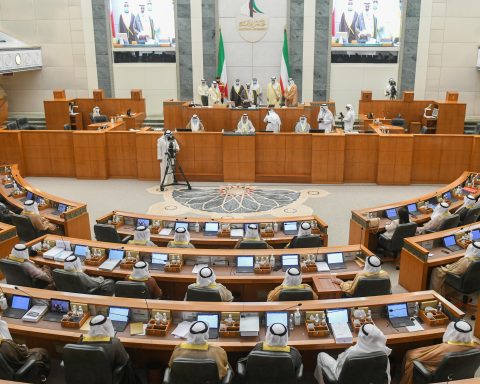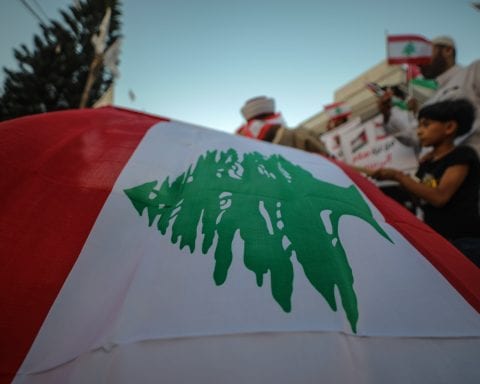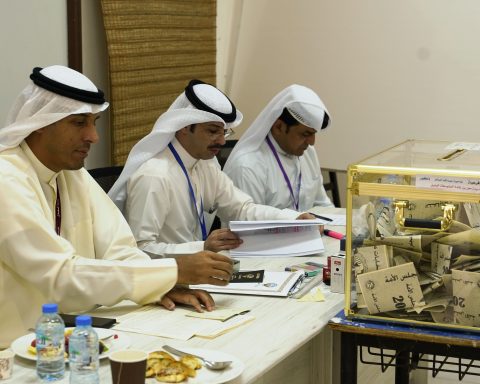Morocco is preparing for parliamentary elections scheduled for September 8. Parties that started their activities on August 26 for election campaigns are not allowed to gather more than 25 people due to the COVID-19 pandemic. For this reason, it is observed that the election activities are mostly carried out by the party leaders in the form of visits to shopkeepers and cafes. The parties’ election campaigns will end on September 7.
The Moroccan Ministry of the Interior announced last Friday that 1,704 lists are competing in the upcoming elections, with a total of 6,815 nominations, an average of more than 17 nominations for each seat.
The ministry said that the nominations of women registered for the election of members of the House of Representatives amounted to a total of 2329 nominations, or 34.17 percent of the total number of nominations.
The number of registered voters on the electoral lists in Morocco reached 17,983,490 people, according to data from the Ministry of the Interior, according to the final census issued on July 30.
There is 46 percent of Moroccan voters in villages and rural areas, constituting a goal that attracts the ambitions of the parties, with the aim of winning the votes of millions of voters.
Nearly 18 million citizens, 46 percent of them being women, will be eligible to vote to choose 395 deputies for the House of Representatives and more than 31,000 municipal and regional officials.
Morocco has a bipartisan parliamentary system. There is a House of Representatives consisting of 395 deputies and a House of Councilors of 120 people.
The House of Councilors, the upper house of the Moroccan parliament, consists of 120 members elected every six years. 72 of the members are elected from the municipalities of the national administrative regions. 20 members are elected by professional groups such as chambers of agriculture, chambers of industry, and craftsmen in the administrative regions, and the remaining 8 members are elected by the occupational group with the highest employer representation in each region. The density of rural areas in this assembly draws attention. 42 percent of the Moroccan population lives in the countryside, and there are comments that the votes from the rural areas will be effective in the elections for the House of Representatives. In a sense, the advisory council functions as an institution that oversees the House of Representatives and the government.
The House of Representatives, on the other hand, represents the lower house of the Moroccan legislature. The government is made up of members of the House of Representatives. Political parties that will compete for the parliamentary seat of the House of Representatives on September 8 will compete for 305 deputies in 92 constituencies. The remaining 90 deputies are allocated as a quota for 60 women and 30 women (15) and men (15) candidates under the age of 40. The number of registered voters in the country is approximately 18 million. The task of the House of Representatives is to vote of confidence in the government, propose and pass laws, and approve the state budget.
The competition for the lead in the legislative elections is intensifying between the Justice and Development Party (PJD), the leader of the government coalition, and the National Rally of Independents led by the Minister of Agriculture and businessman Aziz Akhannouch, who aspires to break the former’s dominance on the political scene for two consecutive terms.
The Authenticity and Modernity and Al-Istiqlal parties also appear on the political scene as an electoral force.
A new electoral law adopted in March 2021 changed how the quota of elected officials is calculated, basing it on the number of people on the electoral roll, not those who actually vote.
The change was criticized by the PJD, which has also condemned corruption in Moroccan politics.
PJD party chief and Prime Minister Saadeddine Othmani and Nabil Benabdellah, head of the Party of Progress and Socialism, have, in separate statements, denounced “the massive use of money to buy candidates and votes.”
The North African country’s moderate PJD is betting on winning the legislative elections for the third time since the Arab Spring protests in 2011.
The last seats were held in 2016, in which the Justice and Development Party came first with 125 seats out of 395, while Authenticity and Modernity came second with 102 seats, and Al-Istiqlal came third with a total of 46 seats to replace them. Meanwhile, the National Rally of Independents was the fourth party with 37 seats.














